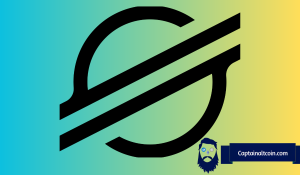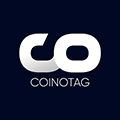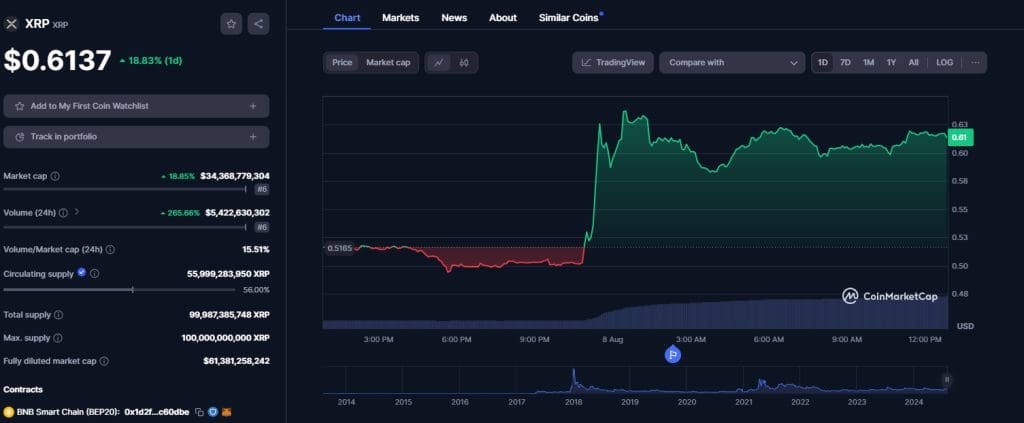Google’s antitrust ruling draws parallels to Microsoft’s 25-year-old case: Here’s how
A significant ruling by US Judge Amit Mehta has determined that Google holds a monopoly in the internet search market, reminiscent of the historic antitrust case against Microsoft. This judgment has marked a pivotal moment in the ongoing scrutiny of major technology companies and their market practices.
The case, initiated by the US government in 2020, accused Google of maintaining its search market dominance through the establishment of formidable barriers to entry and feedback mechanisms that solidified its position.
Judge Mehta’s ruling, spanning 300 pages, found Google in violation of Section 2 of the Sherman Act, which prohibits monopolistic practices.
Comparisons with Microsoft’s 1999 antitrust case
The ruling draws clear parallels with the 1999 antitrust case against Microsoft, where the software giant was found to have used its Windows operating system to stifle competition from rival browsers like Netscape Navigator. A settlement in 2001 required Microsoft to stop disadvantaging competitors in PC deals.
Judge Mehta highlighted the similarity in how both companies leveraged their dominant market positions. He noted that just as Microsoft’s agreements restricted Navigator’s market penetration, Google’s distribution agreements have curtailed the search volumes of its competitors, thereby protecting Google’s market share.
A key aspect of Google’s strategy, as identified in the ruling, is the “power of the default”. Google’s agreements with Apple and Samsung, which cost billions of dollars annually, ensure that Google remains the default search engine on these popular devices, a position that significantly limits user migration to rival search engines.
Implications for Google’s business practices
A separate trial scheduled for 4th September will determine the penalties or remedies that Google will face. During this trial, Google has the option to appeal, a process that could extend over two years, akin to Microsoft’s appeal and subsequent settlement with the Department of Justice (DOJ).
Legal experts suggest that the court might mandate Google to terminate certain exclusive agreements and make it simpler for users to access other search engines. Although financial penalties are possible, the more substantial risk to Google lies in potential changes to its business practices, which could impact its profitability. For instance, losing its default search status on smartphones could lead to a significant reduction in Google’s core search business.
In the second quarter, “Google Search & Other” generated $48.5 billion in revenue, constituting 57% of Alphabet’s total revenue. Any mandated changes could, therefore, have a profound impact on the company’s financial performance.
The role of artificial intelligence in the competition
In its defense, Google is likely to argue that the competitive landscape has evolved with the advent of artificial intelligence (AI). This new dynamic was not present when the DOJ filed its initial lawsuit. Google might introduce evidence showing how AI developments have intensified competition, a point it has tried to minimize in the wake of the rise of AI-driven services like OpenAI’s ChatGPT.
Neil Chilson, former chief technologist for the Federal Trade Commission, noted that AI could indeed disrupt Google’s market dominance. He suggested that while the court’s definition of the market currently implicates Google, emerging technologies in search and advertising could present significant competition.
Uncertainty for investors and potential outcomes
Following the ruling, Google’s shares saw a minor decline, reflecting broader market trends rather than a direct response to the judgment. Investors remain cautious as Judge Mehta did not outline potential remedies, leaving significant uncertainty.
Experts believe that while a breakup of Google is unlikely, changes to its business model could be on the horizon. Unlike the Microsoft case, where distinct business lines could be spun off, Google’s integrated services present a more complex scenario for potential divestiture.
The upcoming trial is expected to clarify these issues. Bill Baer, former head of antitrust divisions at both the FTC and DOJ, indicated that the Microsoft case precedent strengthens the argument against Google. The specifics of what the DOJ will seek and what the judge will approve remain uncertain.
The post Google's antitrust ruling draws parallels to Microsoft's 25-year-old case: Here’s how appeared first on Invezz





